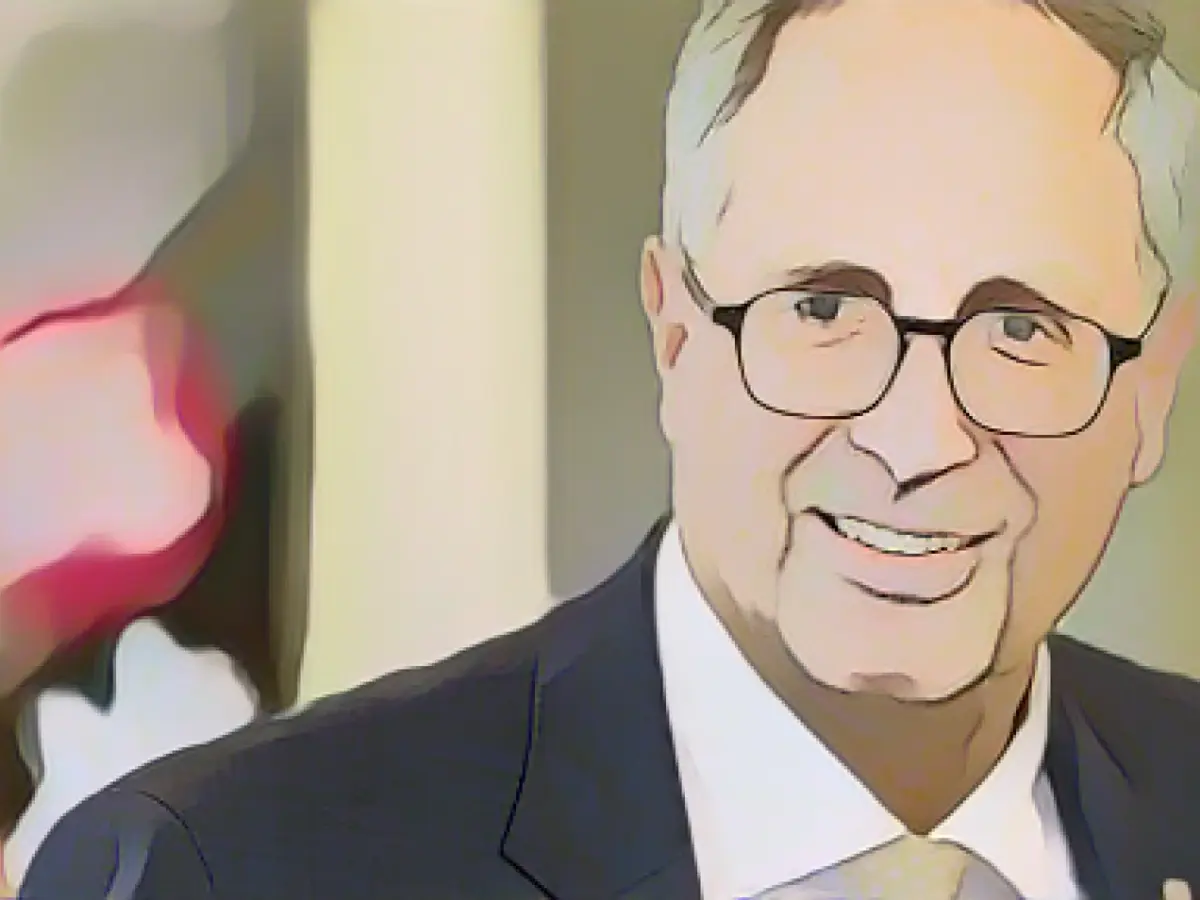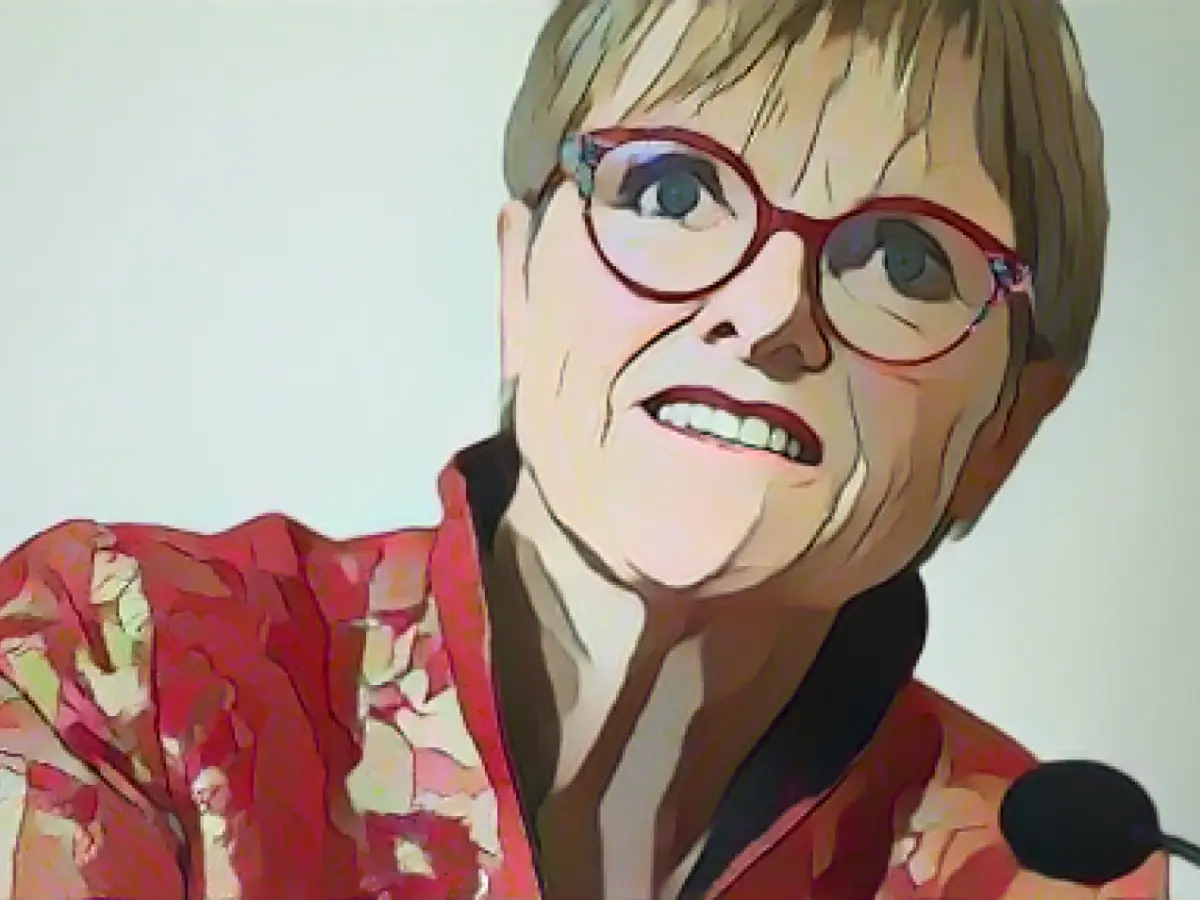CDU Leader Tobias Koch Warns Against Complacency in Light of Global Challenges
As the year comes to an end, Tobias Koch, the leader of the CDU parliamentary group in the Schleswig-Holstein state legislature, is expressing concerns about worldwide developments. "While we might feel we're doing well within our own country, a more critical examination beyond our borders reveals a significant cause for worry," Koch told dpa.
This global unease arises from several fronts. Firstly, Russia's ongoing conflict in Ukraine poses a major concern, while the likelihood of a major conflict erupting in the Middle East remains an imminent threat. Moreover, the Western model of democracy is currently under attack, with autocratic regimes and dictatorships on the rise worldwide.
Perhaps, the Western world's approach in the aftermath of the fall of the Berlin Wall, which involved promoting its value system globally, may have been excessively optimistic. Now, the risk is high that our democratic model could be jeopardized.
Need for Humility and Firmness
Koch urges for a more modest attitude, where we need not be always quick to point fingers and modify the world around us. Instead, decisive action should be taken against developing trends that deviate from the right path. This includes steering clear of accepting Russia's behavior as acceptable and reassessing our relationship with China.
Koch also emphasizes the importance of regaining Germany's defensive capabilities in light of rising global challenges, including the need for the German military (Bundeswehr) to restore its protecting abilities at the earliest opportunity.
Democratic Dilemmas
Koch's concerns extend beyond global politics to the state of democracy in Germany. He observes a worrisome trend in Germany, where people may be losing faith in the country's democracy. With upcoming European and state elections scheduled for the next year, Koch is worried about the potential for right-wing parties, such as the AfD, to gain significant support in some states like Saxony and Thuringia.
Lessons from Schleswig-Holstein
Koch points to the example of Schleswig-Holstein, which demonstrates an alternative approach to politics that overcomes the usual partisan divisions and manages to reject extremist parties from the state parliament. He contrasts Schleswig-Holstein's successful experience of positive, appreciative political interactions with the regular political blames and recriminations of the so-called 'traffic light' parties.
In light of these challenges and opportunities, Koch encourages the political discourse in Germany to shift towards a more open-minded and collaborative approach that fosters unity and strengthens democracy.
Enrichment Insights:
- Industry Credit Outlook 2025 by S&P Global Ratings highlights anxiety around potential trade and tariff conflicts, which could impact demand, inflation, financial market volatility, and supply chains.
- The German Institute of Development and Security suggests that the EU should reinforce its development policy and promote cooperation with other nations, particularly in areas like sustainable development and climate leadership.
- The Left Party in Germany has a critical perspective on Russia's actions, particularly its annexation of Crimea and interference in Ukraine, but it takes a friendly stance towards China, opposing EU policies that challenge China's rise. It also advocates for an anti-fascist foreign policy with a focus on collective security systems that include Russia.








